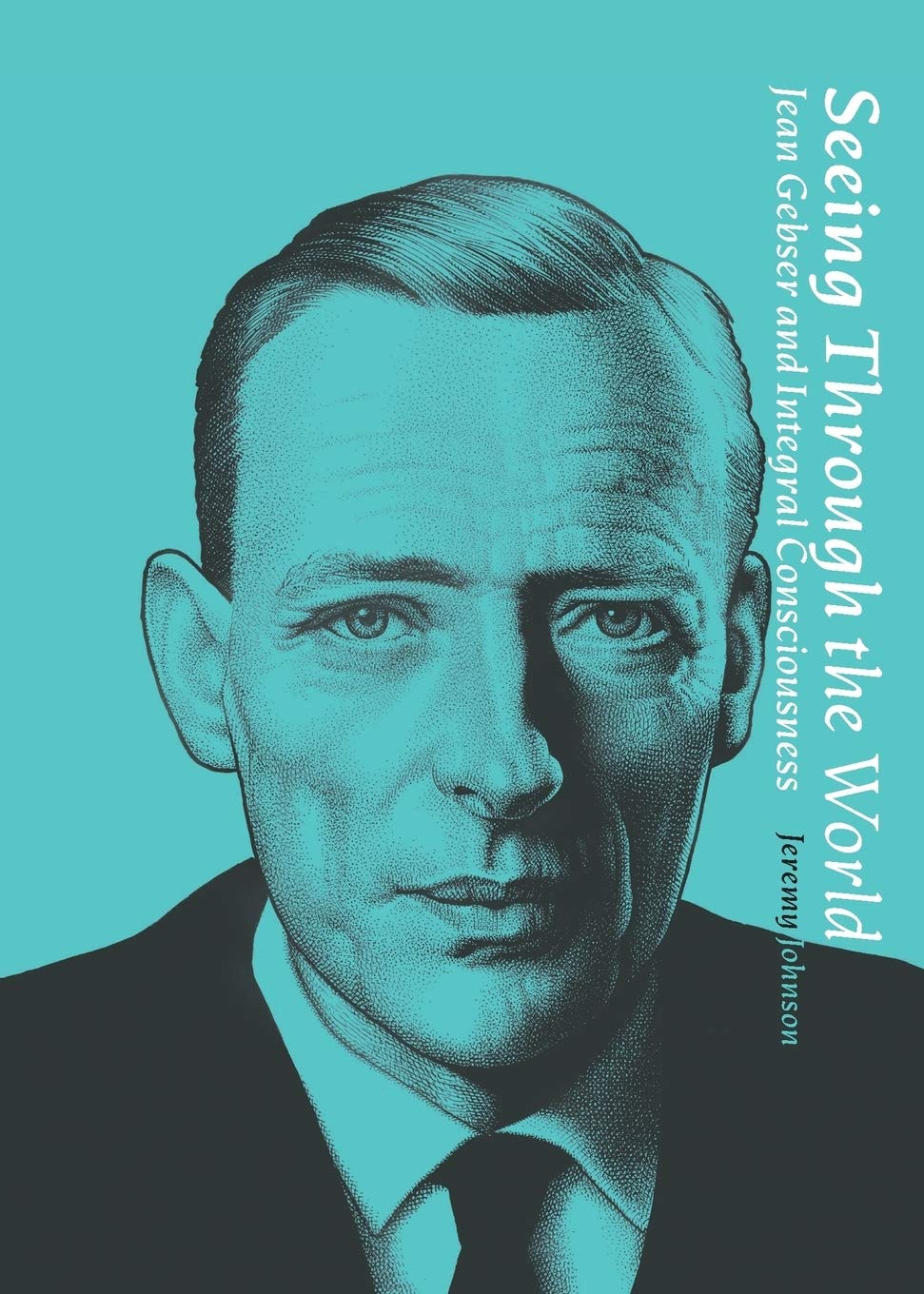Tomorrow: Time, Consciousness, and a New Worldview [Online Course]
Join me on Sunday, Feb. 23 for week one of a seven week course on the philosopher Jean Gebser. Starts 9:30 am PT / 12:30 pm ET.
Each year I offer a course on the philosopher, poet, and phenomenologist of consciousness Jean Gebser (1905-1973). Each year, I point out to my students—and my students, often enough, point out to me—that current events are practically teaching the class.
We live in strange times. Weird times. History has sprung alive with alarming rapidity, as our social institutions, and worldview assumptions, have lost all sense of solid ground.
It is very much an “interim age,” as Gebser suggests, where ‘new’ ways of seeing the world are prefigurative, while the ‘old’ ways still have their hold on our social imagination.
It is a time of interregnum, as Antonio Gramsci also said, a time of monsters.
Which is why, living in times like these, it is helpful to have a philosopher like Gebser. His answer to Gramsci might go something like: “yes, there are monsters, but now also the time of mutants.”
And so, this is a course about living in a time of mutation. It is a course for the mutants of today—those who aspire to live a different kind of life in the present, and therefore, enact a wholly different sort of future.
Those who know in their bones that “another end of the world is possible.”
The course, starting tomorrow, will cover a few major themes: first, it is an introduction to the life and philosophy of Jean Gebser, particularly his magnum opus The Ever-Present Origin, or Ursprung und Gegenwart (1949). No pre-requisite reading will be required. My philosophy for live courses (hosted virtually on Zoom) is to emphasize the strength of the spoken-word medium, keeping the lessons animated and engaging. It’s the era of podcasts and audiobooks, and while the lectures can stand on their own, I also encourage my students to read whenever they can (even asynchronously).
Next, this course is about time: about the past, as well as the future, and our relationship with both horizons as they shape our present. If students want to understand Gebser, they need to appreciate that time is at the heart of his work and the core of his thesis. And what does that thesis entail? Briefly, that our civilizational ‘meta-crisis’ is, more than anything else, understood as a crisis of time.
Andreas Malm has written about how our current ‘structure of feeling’ has recently underwent a dramatic reversal, from space to time: the air is “heavy” with time as smoke from industrial fires and ancient fossil fuels burns into the present. The era of modernization, where nature looked like it was receding as the human world, the world for us, was expanding, is over. Nature is back, and it has taken the form of a storm, smashing the clocks of linear progress in exchange for a weirder, more-than-human temporality. It is in this way that the future has also become present, reshaping our sense of time: ours is an “anticipatory grief,” as Srecko Horvat recently described, a mourning for the future of this planet.
Our living present is, therefore, already a strange amalgam of time, and shifting past-futures.
We already live in a new, weird temporality, or rather it could be said that this new temporality is living us.
So how do we begin to live the future in such a way that human agency can be regained in the present (or what I call ‘integral futuring’)?
How do we reclaim time from the doomsday march of outdated economic systems and worldviews?
How do we begin to enact a different sort of future in the present, so that the worst versions of tomorrow might still be averted?
It is clear enough that we need a new intensity of consciousness, intense enough to empower human agency towards collective action and ‘adaptive strategies.’
To subvert the engines of progress long enough to create an opening, within which another kind of ‘futuring’ can take hold in the present.
So: how do we start embodying a new consciousness, a new mutation? If the future shapes us, then we are better served living from the kind of future we wish to realize, the world we aspire to make.
These are the kind of questions that Gebser considered. These were the kind of questions that Gebser considered.
These are our questions too.
Tomorrow’s first lesson is entitled “Beyond the Technoculture: How Jean Gebser’s Philosophy Helps us Imagine a World Beyond the Meta-Crisis.” This is my last point for now. What I’m aiming for in this introduction is to contextualize Gebser’s work, as a whole, for its applicability in our present time of runaway technological and economic forces, and reactionary politics.
As the romantic poet Holderlin said: where there is peril, there too grows the saving.
How do we navigate times like these? Can we contextualize our moment within a ‘longer’ view of time and the history of consciousness (while still, as Haraway says, ‘staying with the trouble’)? What are some of the philosophical concepts and tools, as well as the poetic and yes, spiritual insights, that help us to regain agency in the present and begin to live the new? As the romantic poet Holderlin said: where there is peril, there too grows the saving.
I hope to explore these questions with you in class.
See some of you tomorrow for our first week. All sessions run for approximately 90 minutes, with at least 30 minutes allotted for Q&A and breakout rooms.
If you need a student discount, or a pay-what-you-can registration, please reach out to me. No one will be turned away.
That’s it for now. As always, thank you for your ongoing support (the manuscript is inching closer to completion, and you’ll hear many of the ideas shared in class).
Be seeing you in the present.
(Featured video: my interview for filmmaker Katie Teague’s brilliant In the Making series)





